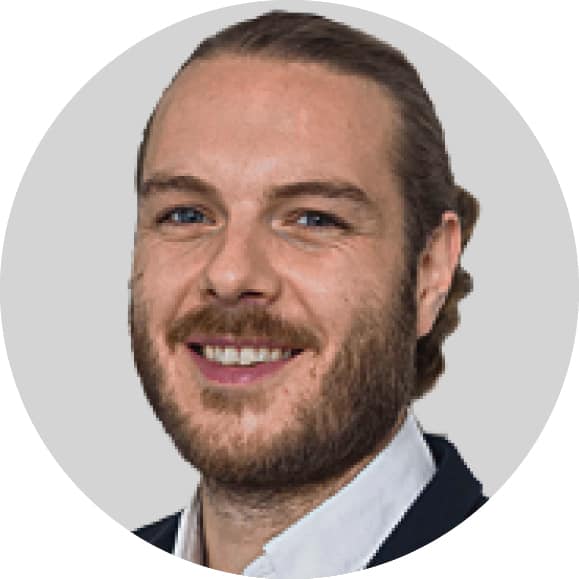
The Sustainable Development Goals with 169 targets and different indicators serve as a blueprint for solving real-world problems for a variety of stakeholders across the public and private sectors. They have emerged as a guiding framework. With growing consumer awareness, investor pressure, and regulatory requirements, SDGs have come to the forefront of the corporate agenda. At the very least, SDGs have made room in a company’s CSR or philanthropic initiatives. Asset managers, CEO ́s and Business owners are commonly recognizing that risks and opportunities from issues such as climate change or inequality will have a long term impact on their business success. However, current efforts towards achieving the goals, while admirable, leave much to be desired. This article outlines some of the obstacles that hinder the private sector’s contribution to the SDGs.
Redefining a Common Language
Following the adoption of SDGs in 2015, the corporate world has tried to monitor and quantify its impact using the SDG framework. However, many companies have found this task complex, resource-intensive, and time consuming. It is virtually impossible for almost any corporation to outline their own impact. It seems to be a barrier to reach a common understanding of what they really mean and how business contributes. The difficulty of choosing the right SDG- related targets is evident in the recent PwC SDG Challenge Report, which found that only 1% of the surveyed companies had measured and reported on their progress towards SDGs in detail.
Formulated by 193 countries, the Sustainable Development Goals enable nation-states to measure and track their progress. As such, many of the subgoals solely address governments and their performance. For example, the SDG subgoal 16.9 requires national and local governments to “provide legal identity for all, including birth registration”. A business cannot implement such targets into its corporate strategy. In many such critical areas, SDGs lack specific guidelines for tangible business action. The lack of a one-size-fits-all approach has weakened the communication between corporations and the government. While working towards common goals, both the public and private sector must collaborate and speak the same language. Both have to take a step towards each other to redefine the goals and nudge a linguistic drift.
Adapting to One Global Framework
’What gets measured gets managed’ is a famous quote by Peter Drucker (1954). Reporting on the SDGs constitutes a crucial step in gaining a holistic picture of the achieved progress and managing existing gaps. It not only helps us understand the complexity of sustainable development but also lays the groundwork for future corporate disclosures. It is vital for recoupling social and economic development by 2030.
However, the private sector lacks expertise in impact measurement and management. There is no global consensus on measuring a company’s contribution to the SDGs. Impact measurement and management standards, frameworks, and methodologies are evolving. Developed by intermediaries or the companies themselves, the impact measurement landscape is fragmented, consisting of possibly more than 130 initiatives related to measurement and reporting. Many of these impact measurement approaches are costly, sophisticated, and at the verge of becoming obsolete. These circumstances make it unmanageable to find common ground. Reported SDG-related data will help us to identify shared issues as well as outline progress. We must establish one globally accepted framework that allows us to share and better compare results.
Up until now, the SDGs have been a voluntary effort and not mandatory. When a decade is all we have, we must see it as a priority to redouble policy and business efforts. For the time being we still have to see Sustainable Development as worth managing what cannot yet be measured.
An article by Julian Bents.
___
The views and opinions expressed in this article are those of the authors and do not necessarily reflect the views of the Global Solutions Initiative.
___
 Julian, Young Global Changers Ambassador and Young Global Changer of 2018, is an entrepreneur from Germany. He is the founder of Tomorrow is now and is currently doing an MBA Program at the University of Essex.
Julian, Young Global Changers Ambassador and Young Global Changer of 2018, is an entrepreneur from Germany. He is the founder of Tomorrow is now and is currently doing an MBA Program at the University of Essex.
